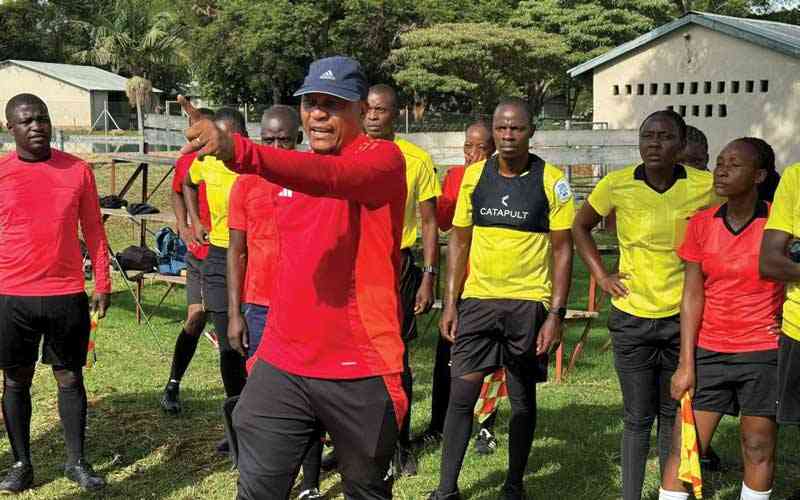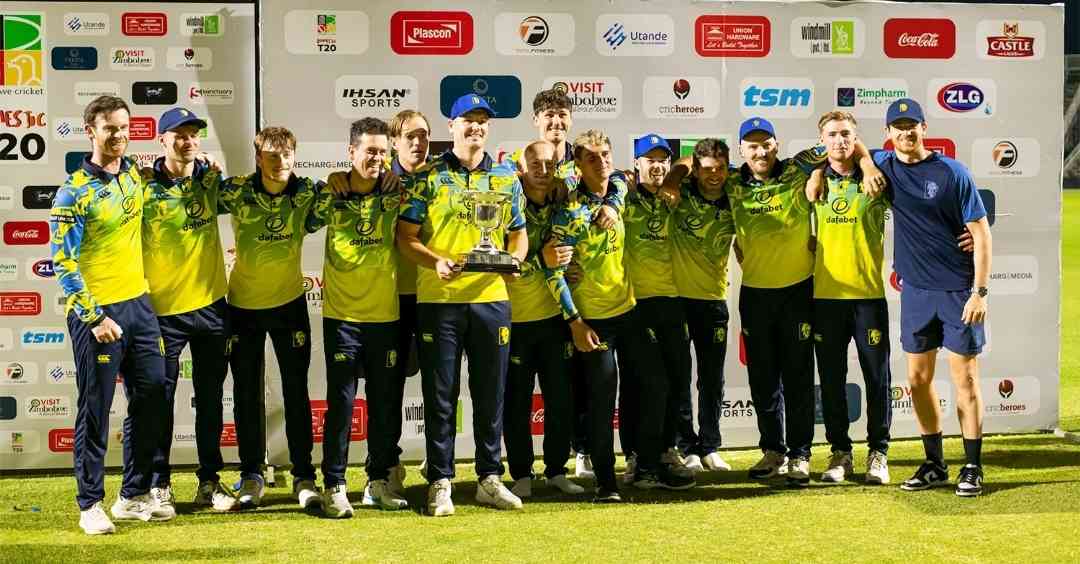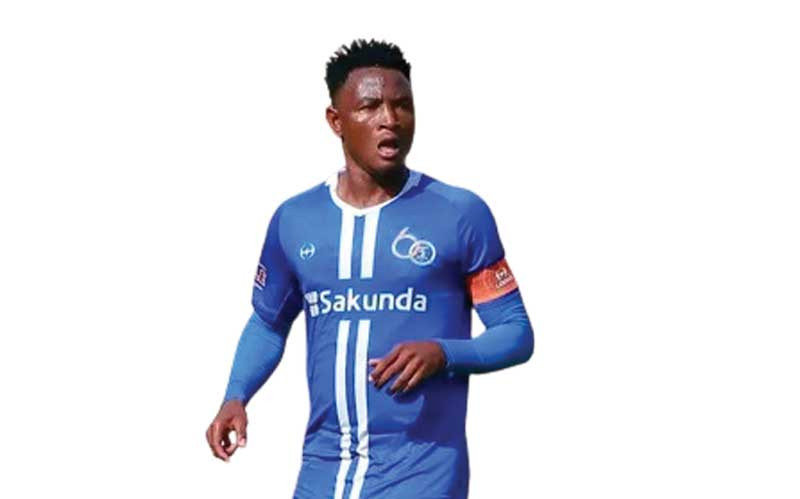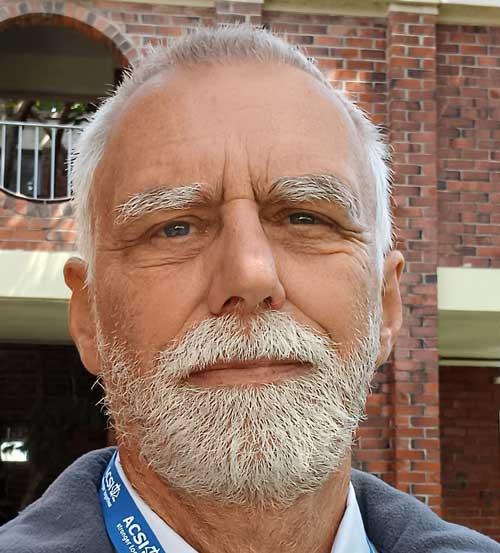
It’s a story of young men who subjugated their circumstances, dared to dream, and challenged the status quo to become international cricketers recognised everywhere the game is played; from southern Africa to the Caribbean, from the UK to the Indian subcontinent, and then right down to Australasia.
Highfield — Harare’s second oldest high-density suburb — is a famed grassroots breeding ground for cricket players in Zimbabwe.
In Zimbabwe’s sporting culture, cricket and rugby are what you would call ‘sister’ disciplines. They also rank in the top three of Zimbabwe’s major sports.
Farsighted rugby administrators of yesteryear realised that for the sport to grow beyond its enclave, it needed its own Highfield, a catchment area where young black players are identified, taught the game and then exposed to high performance training.
That place has always been Mbare, the capital’s most populous township. In fact, rugby can claim to have embraced the concept of integration much earlier than cricket, with the Zimbabwe Rugby Union having introducing the Quench coaching programme in Mbare in the early 1990s.
That programme was somehow mothballed.
- Chamisa under fire over US$120K donation
- Mavhunga puts DeMbare into Chibuku quarterfinals
- Pension funds bet on Cabora Bassa oilfields
- Councils defy govt fire tender directive
Keep Reading
Thankfully, in later years, one man had a vision to carry the programme forward.
Driven by a sheer passion for rugby and a selfless desire to produce national icons outside soccer, every Mbare boy’s ambition, Victor Pekani went into the primary schools of the sprawling suburbs and introduced the game to hundreds of keen pupils.
Himself a player of no mean ability, the now 37-year-old Pekani learnt the game at Mbare High School, under the tutelage of development coach Jimmy Chikange, who came from Mbare.
He then joined Airforce and then Police for his club rugby, playing in the lower divisions.
Work opportunities at private schools would poach the likes of Chikange, thus Pekani began his sojourn as a coach.
“Rugby was dying in Mbare, and I took it upon myself to revive it,” Pekani tells IndependentSport.
“There is a lot of talent in our community. It can’t be left to die.”
He started off in 1998, tapping in to the high schools around Mbare to churn out players who would be more fortunate than him.
One of his early prodigies would be none other than his namesake Victor Zimbawo, who went on to win 15 Test caps for the Zimbabwe national team as a hugely talented flyhalf.
Zimbawo was lucky enough to be adopted by Old Hararians Sports Club, blossoming under coaches John Falkenburg and Godwin Murambiwa in a team that dominated Zim club rugby in the early 2000s.
Pekani would later unearth another gem, named Manasah Sita, who would scale heights no other Mbare boy has by becoming simply the best rugby player in the country in 2008 following a sublime season with the Districts club.
Patience and perseverance has certainly paid off for the 25-year-old Sita. As a Mbare High student, he took his rugby a step further, having the nerve to train with the country’s leading rugby club. He never missed a single training day with the reserve sides on the lush fields of Old Hararians.
Equipped with raw pace, an eye for gap and nose for the tryline, he development quickly enough to be promoted into the first team, rubbing shoulders with club greats like Rocky Gurumani, Mzi Nyathi, Clint Joseph, Damien Webb and Daniel “Madness” Macheke, among others.
Sita never looked back. From OH he crossed the floor to join city rival Districts, from where he moved over to Germany to play for Heidelberg Rugby Club as a utility back.
Sita has five Sables caps under his belt and several international Sevens appearances.
“To be honest, Victor is the guy who taught me everything about rugby,” Sita, who flies back to Europe on Sunday after a two-month winter break, tells IndependentSport. “When I went to OH and later Districts it was just to sharpen my skills. The man is a legend.”
There is no ending to Pekani’s conveyer belt of talent.
The future of Zim rugby is once again looks bright, bursting at the seam with talent. One of the best emerging players in the country is a Pekani-product from Mbare.
Njabulo Ndlovu, a giant loose forward, has already won three Test caps for his country. The 22-year-old, who can also play lock, debuted for the Sables in Botswana last year in the inaugural Africa South Zone Trophy, won by Zimbabwe.
“He’s going to be a ‘Beast’”, declares former ZRU president Bruce Hobson, who is the manager of the national Sevens side.
Ndlovu was spotted at Harare High in Mbare. Churchill High gave him his first breakthrough, but in typical fashion, Prince Edward School wrestled him away on a full scholarship.
In addition to his Sables caps, he played in Sevens tournaments for Zimbabwe in Namibia and South Africa, also last year.
Hobson was running out of superlative to describe his find: “He’s still a growing guy, strong guy. He has the right temperament: wonderful kid. He’s fast, very physically strong, he has the skills and he has the right rugby brain.”
For the unassuming Pekani, his biggest incentive is seeing his products realise their fullest potential.
“Just seeing these guys going all the way; getting good contracts, playing very good rugby and wearing the Zimbabwe colours, makes me happy.”
The Mbare Academy, a group of pupils from six primary schools around the suburb, is Pekani’s ongoing project which has already shown wonderful potential by running out of competition in the Harare “B” League, where they play the likes of Borrowdale Junior, Selbourne Routledge, David Lingstone and Admiral Tait.
They have had to engage schools outside their league, at least to get some competition. Only last week before Heritage Junior left on a tour of Dubai, they helped them with preparations. They hammered them in two matches, with scores running past the 50s in both games.
This year, ZRU President Themba Sibanda, in his personal capacity, gave the academy 10 scholarships at Churchill.
“We are indebted to Themba,” Pekani said. “But when our economy fully improves and sponsors come back to rugby, we would want to see a situation like in cricket whereby the union identifies scholarship centre-schools so that more boys, not just from Mbare, get opportunities.”
Enock Muchinjo











